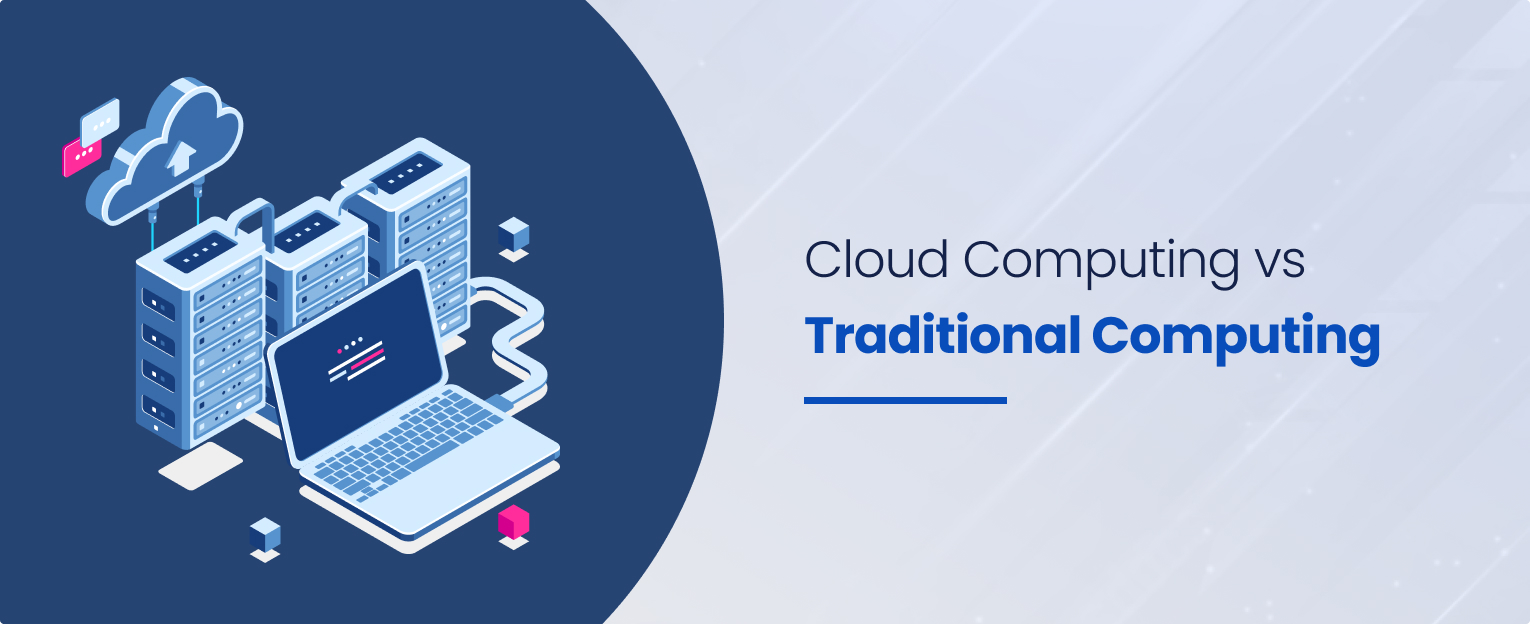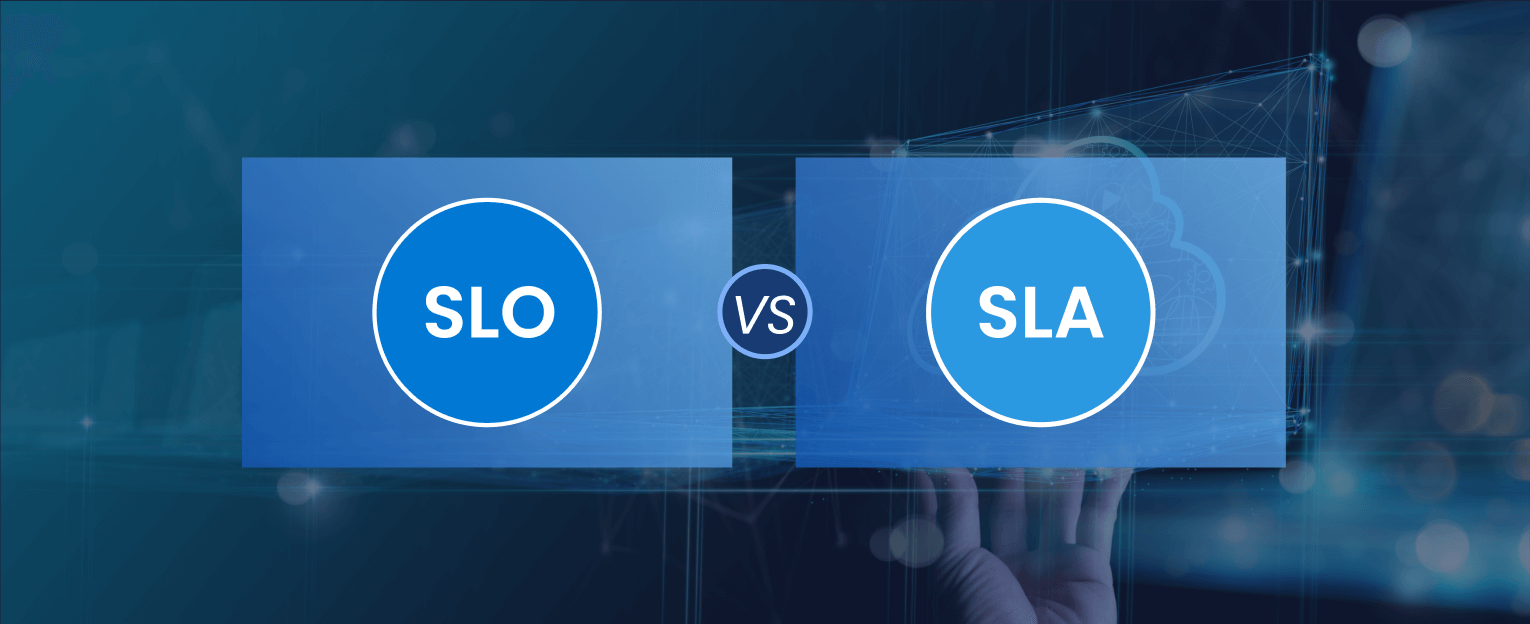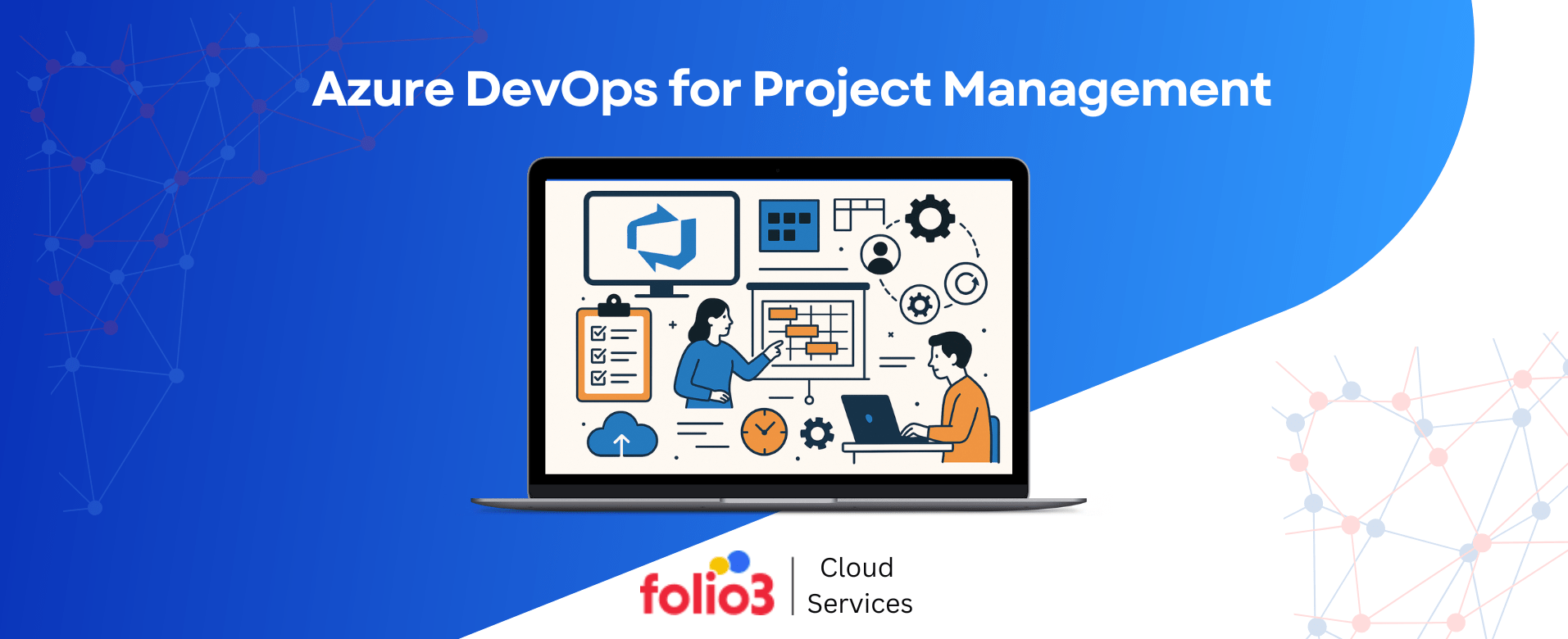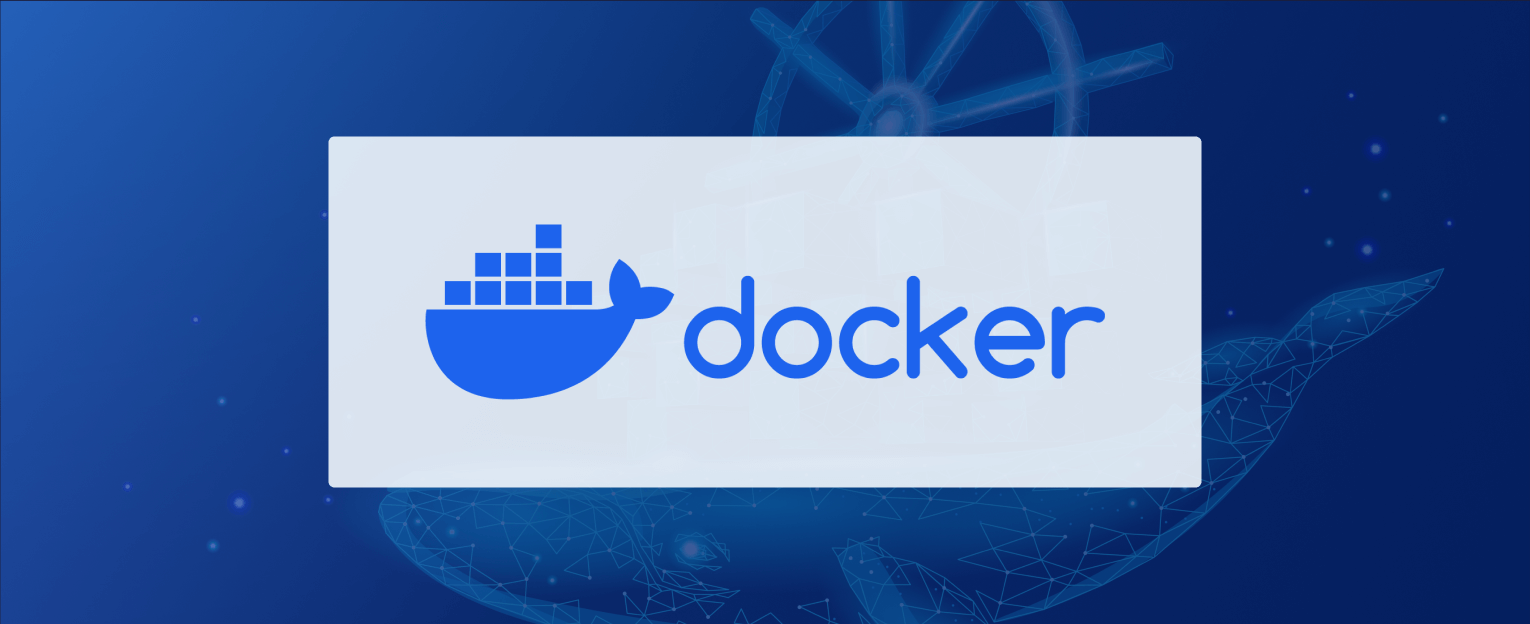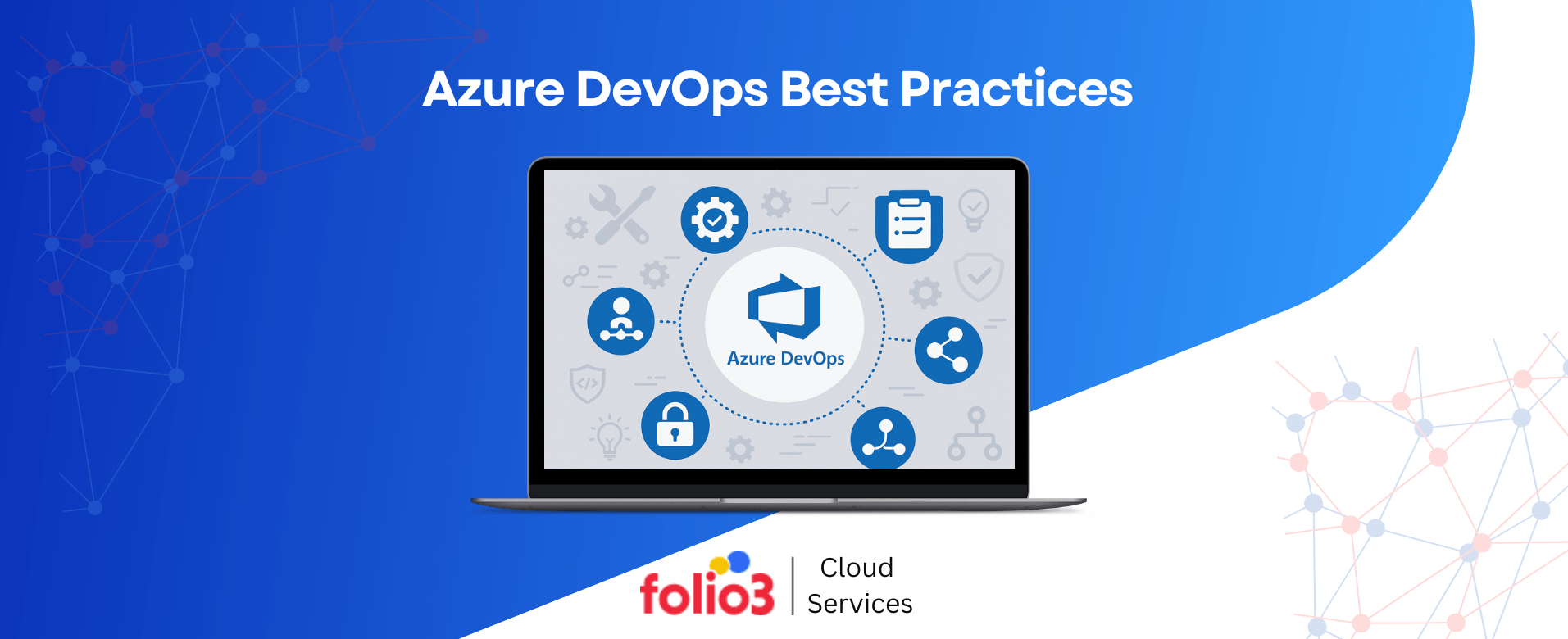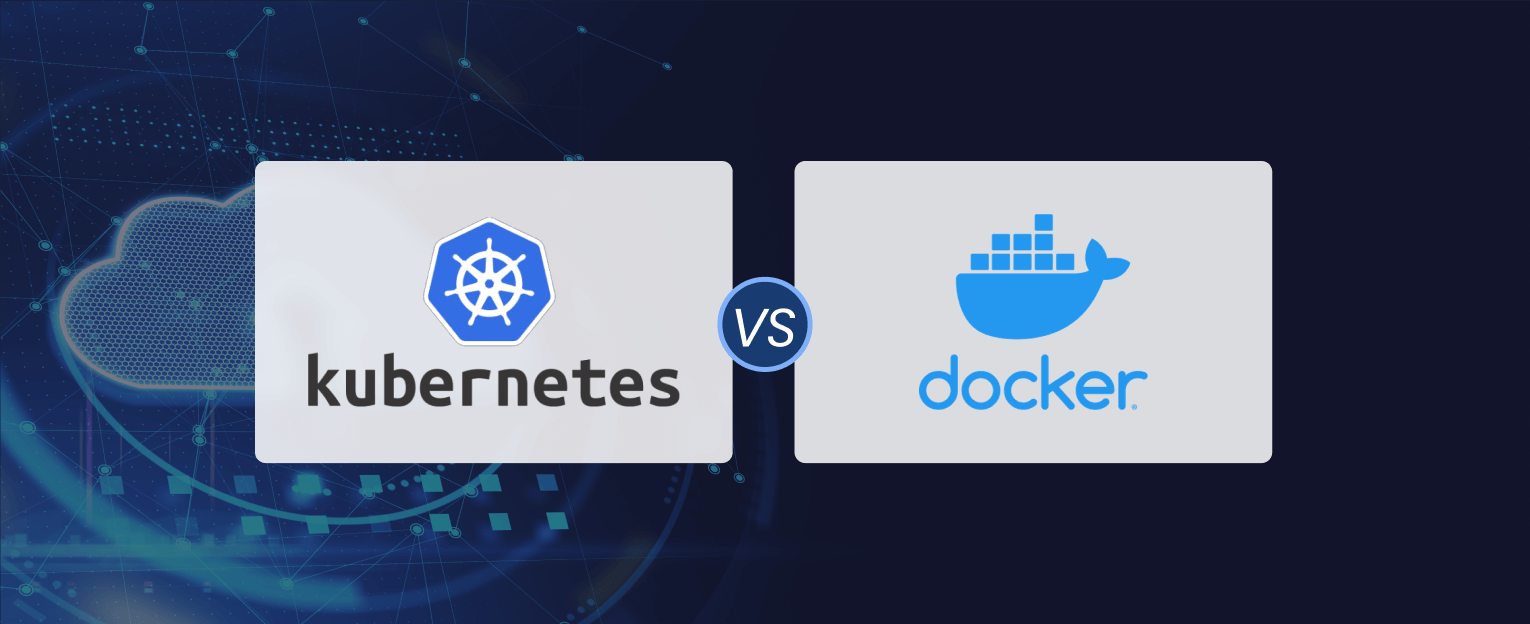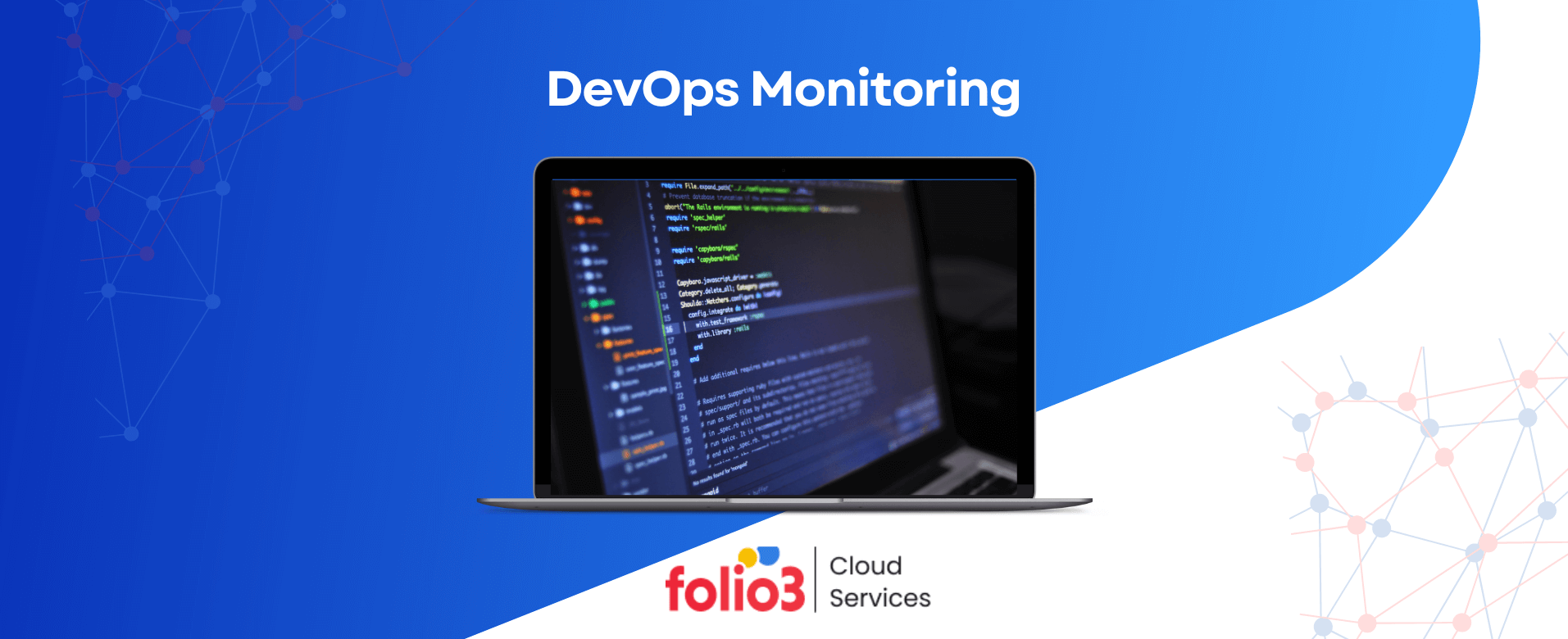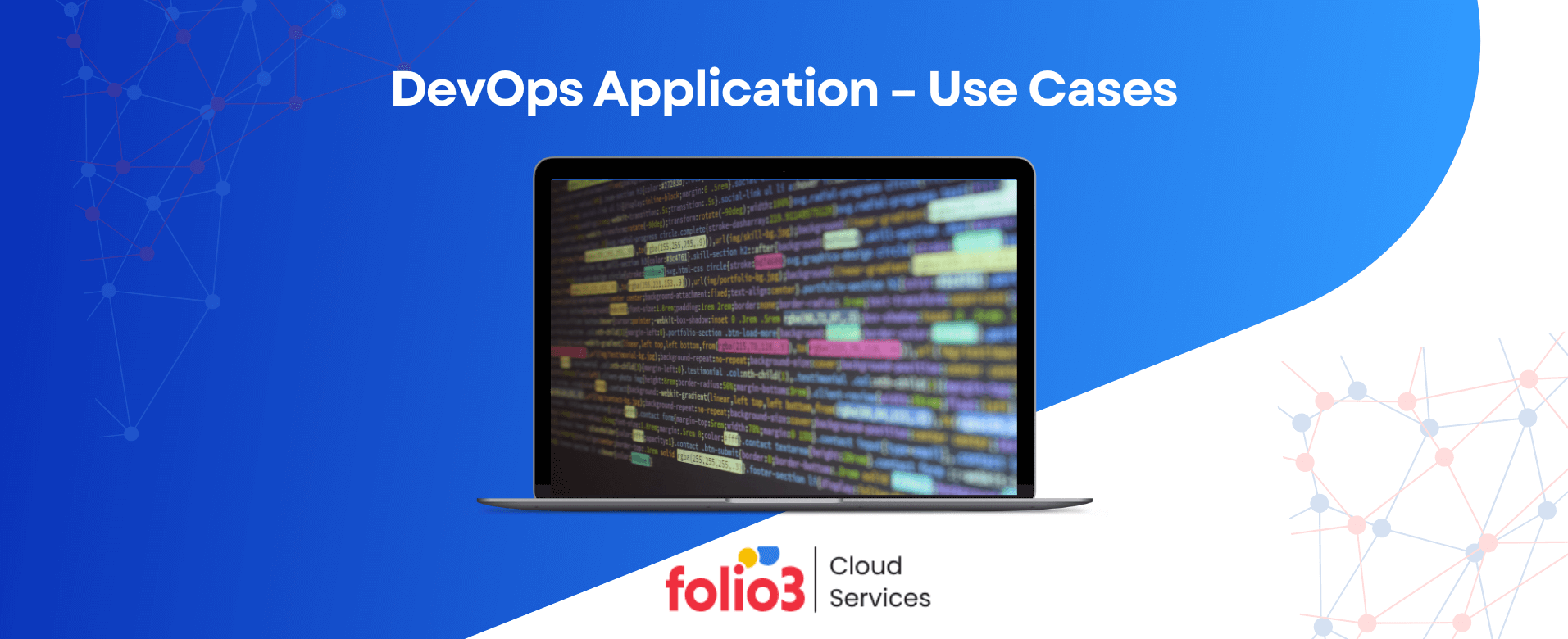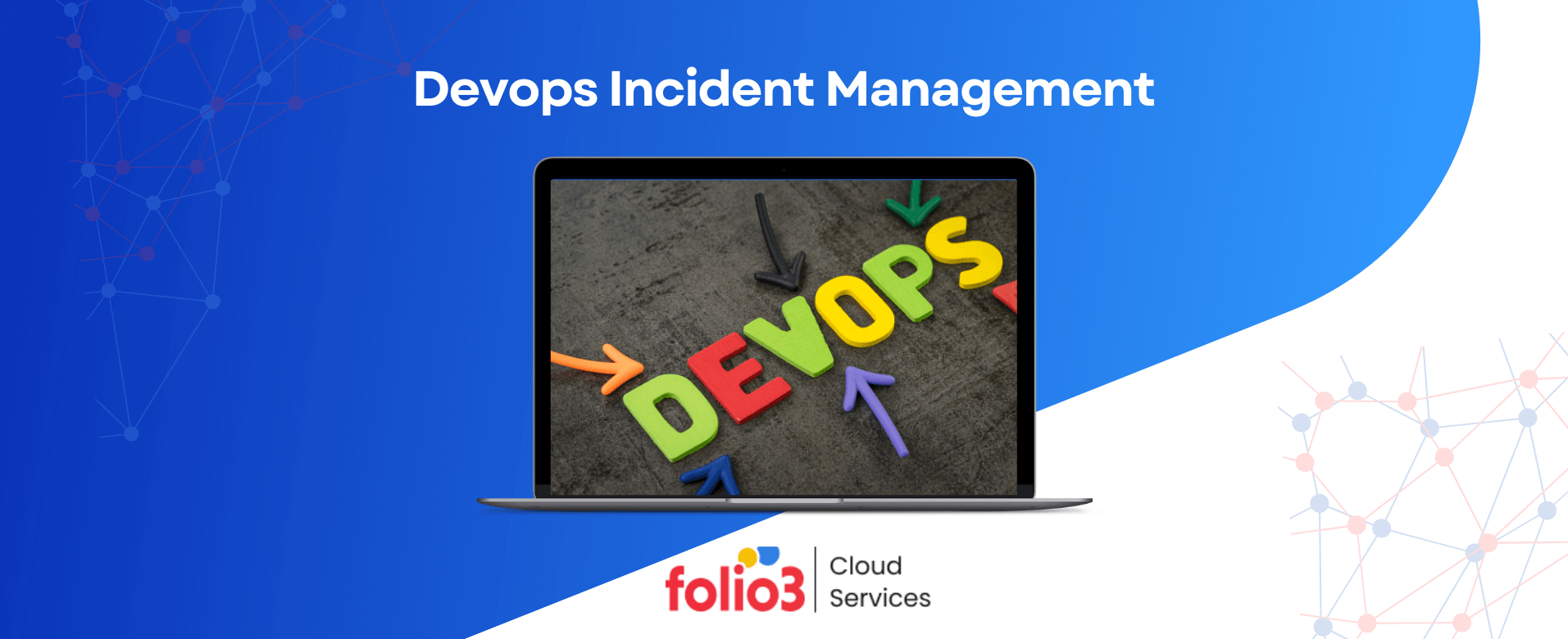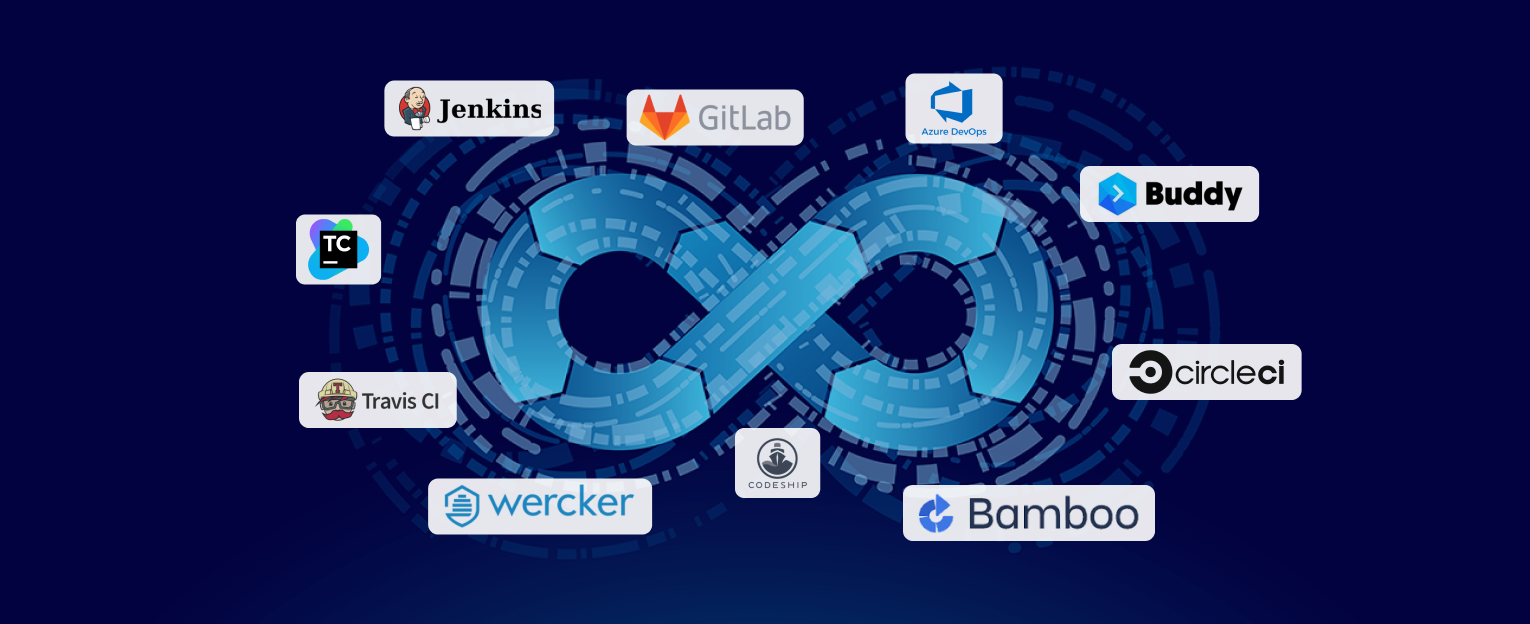There are two distinct approaches to providing computer resources and services: cloud computing vs traditional computing. While traditional cloud computing makes use of local hardware and software, cloud computing depend on the internet and distant servers.
How do you decide which of them to use for your projects? And how is cloud computing different from traditional computing? Below, we are going to explore: the basics of cloud storage vs. traditional storage, their pros and cons, and more.
What is Cloud Computing?
Cloud computing is a rising technology that uses the Internet to provide computer services including apps, storage, and other resources. By using these services, businesses can access software applications and services from a single server, saving money on administering and maintaining software.
Advantages & Disadvantages of Cloud Computing
Here are a few advantages and disadvantages of cloud computing in our debate on traditional computing vs cloud computing.
Advantages
- The removal of failure single points increases the resilience and scalability of cloud computing.
- You get access to almost limitless servers and storage capacity.
- Your IT infrastructure maintenance is reduced by cloud computing every item is a service.
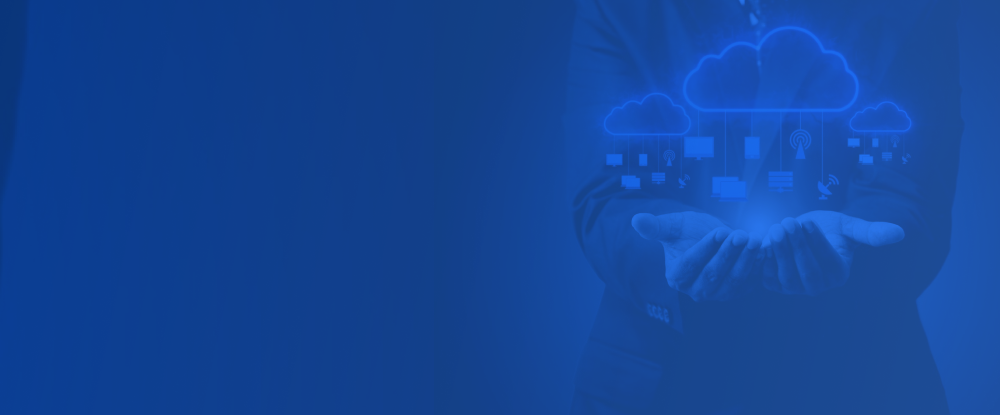
Transform Your Business with Cutting-Edge Cloud Solutions
Unlock the full potential of your business with our comprehensive suite of cloud services. Leverage scalability, flexibility, and enhanced productivity for accelerated growth.
Disadvantages
- It entails disclosing private information to a third-party supplier, raising security issues in the cloud.
- It can experience issues like reboots, network disruptions, and downtime, like any other IT configuration.
What is Traditional Cloud Computing?
Traditional computing uses physical data centers to store digital assets and runs a full networking infrastructure for operations. Users’ access to data, software, or storage is constrained to the device or authorized network they are connected to from where it is kept.
Advantages & Disadvantages of Traditional Computing
Here are a few advantages and disadvantages of traditional cloud in our debate on cloud computing vs traditional.
Advantages
- It offers total control over the hardware and software it employs.
- It provides a high level of data protection since data is maintained on-premises and secured by firewalls, encryption, and other security measures.
- It does not rely on internet access; thus, no service interruptions or data loss.
Disadvantages
- To guarantee security and performance constant maintenance and updates are needed.
- it requires substantial capital expenses for both hardware and software.
Differences Between Cloud Computing and Traditional Computing
Listed below in the table are few differences between cloud computing and traditional computing.
| Cloud Computing | Traditional Computing |
| It is very cost-effective because several parties share server management and upkeep management, lowering the cost of public services. | It is less economical than cloud computing because expensive equipment is needed to run and maintain servers. |
| It offers more servers, storage space, and processing power allowing software and applications to function more quickly and efficiently. | It offers lesser storage space in comparison to cloud computing. |
| Users get 24/7 access to data from any place. | Users can only access data on the system where it is kept. |
| It is more user-friendly since users may access data from anywhere at any time through the Internet. | It is less user-friendly than cloud computing because accessing data is difficult and must be saved on an external storage media. |
| Software is provided as a subscription-based on-demand service (SaaS), which may be accessed at any time. | Every user must purchase their software, which has to be updated on occasion. |
Key Takeaways
This is what we have learnt from cloud computing vs traditional.
- Cloud computing is highly cost-effective and very economical; whereas, traditional computing is very expensive.
- Cloud computing offers greater storage space in comparison with traditional computing systems where you get less storage space.
- With a cloud computing system accessing data is quite easy, with remote access you can access your cloud data from anywhere at any time. However, you don’t get this leverage with the traditional cloud, it allows access from the system where it is kept.
- Cloud computing is very user-friendly; whereas, the traditional one is not.
- With cloud computing you get SaaS services and with traditional computing you need to purchase and update software very often
Cloud Computing Or Traditional Computing: Which One Is Better For You?
Your business requirements determine whether cloud computing or traditional computing is better suited for your needs.
However, it’s worth noting that cloud computing offers several advantages, including financial savings, scalability, and data accessibility from any location. In contrast, traditional computing requires businesses to invest in and manage hardware, software, and related services, which can be costly and challenging to expand as the business grows. Therefore, for businesses looking to save money on initial investments and benefit from the agility of cloud computing, it often emerges as the preferable option.
That being said, when making the transition from traditional computing to cloud computing, or optimizing your existing cloud infrastructure, enlisting the expertise of Cloud Migration Consulting Services can be invaluable. These services provide tailored guidance and strategies to ensure a seamless migration process. They help businesses assess their unique needs, select the right cloud services, and plan for a successful transition.
Key Takeaways
The overall outcome of cloud computing vs traditional computing so far inclines more in favor of cloud computing than traditional.
- Highly Scalable And Cost-Effective: With the use of cloud computing, businesses can quickly scale up or down their computer capabilities in response to changing demand, doing away with the need for additional hardware, software, and maintenance costs.
- Remote Data Accessibility: With the use of cloud computing, users may access apps and data remotely from any location with an internet connection.
- Highly Reliable: High levels of uptime and redundancy are provided by cloud providers, ensuring that data and applications remain accessible even in the event of hardware failure.
- Highly Flexible: Public, private, and hybrid clouds are just a few of the many possibilities that cloud computing provides, all of which can be customized to fit the specific requirements of a business.
Cloud Computing vs Traditional Computing — The Future And Security
Cloud computing and types, a relatively new technology, has become popular in the computing industry. It helps work more efficiently with fewer resources and revolutionizes corporate processes with remote access to potent computer resources.
Even though cloud computing has numerous advantages, businesses still debate on cloud security vs traditional and are afraid to embrace the cloud over its security and importance. With the right cloud security tools, these cloud computing challenges can be handled. Organizations may maintain security by putting robust authentication and encryption into place.

Empower Your Business with Cloud Services – Scale Up Your Operations Today!
Unleash the potential of cloud services for your business today. Our experts can help you migrate, manage and optimize your cloud infrastructure for maximum results.
Conclusion
In conclusion to our debate on cloud computing vs traditional computing, there are a number of benefits and drawbacks to both traditional vs. cloud computing. Increasingly more people are using managed cloud computing services because of its;
- Scalability
- Ease of use
- Cost-effectiveness
- Data accessibility
Traditional computing, however, still has a position in the market since it offers
- Enhanced security
- Control
- Reliability
Ultimately, the choice of which alternative, cloud computing vs traditional, is ideal for an individual user will rely on their own needs and tastes.

